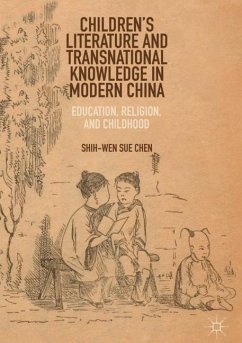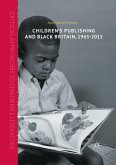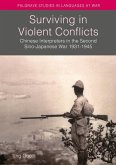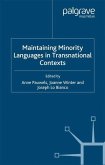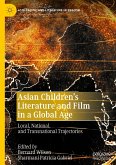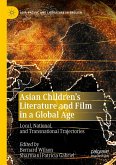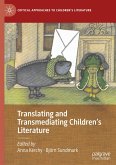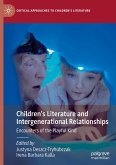This book examines the development of Chinese children's literature from the late Qing to early Republican era. It highlights the transnational flows of knowledge, texts, and cultures during a time when children's literature in China and the West was developing rapidly. Drawing from a rich archive of periodicals, novels, tracts, primers, and textbooks, the author analyzes how Chinese children's literature published by Protestant missionaries and Chinese educators in the late nineteenth and early twentieth centuries presented varying notions of childhood. In this period of dramatic transition from the dynastic Qing empire to the new Republican China, young readers were offered different models of childhood, some of which challenged dominant Confucian ideas of what it meant to be a child. This volume sheds new light on a little-explored aspect of Chinese literary history. Through its contributions to the fields of children's literature, book history, missionary history, and translation studies, it enhances our understanding of the negotiations between Chinese and Western cultures that shaped the publication and reception of Chinese texts for children.
Bitte wählen Sie Ihr Anliegen aus.
Rechnungen
Retourenschein anfordern
Bestellstatus
Storno

